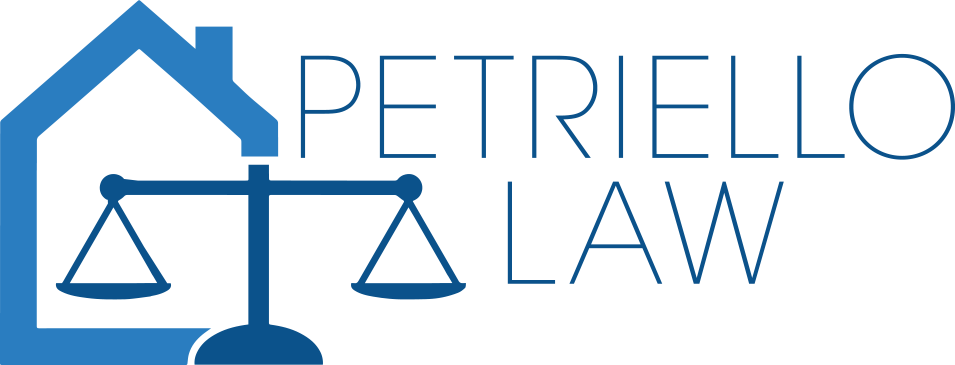Landlord Responsibilities in NJ – Part 5: Tenant Evictions
Eviction procedures in New Jersey are governed by laws that protect the rights of both landlords and tenants.
Landlord Responsibilities in NJ – Part 4: Maintaining the Property and Tenant Privacy & Notification
As a landlord in New Jersey, your role extends beyond simply collecting rent; you are responsible for ensuring that your rental properties are safe, comfortable, and compliant with state regulations.
Landlord Responsibilities in NJ – Part 3: Leases, Rent Increases and Security Deposits
As a landlord in New Jersey, understanding your responsibilities regarding leases, rent increases, and security deposits is crucial for maintaining a positive relationship with your tenants and ensuring compliance with state regulations.
Landlord Responsibilities in NJ – Part 2: Lead Based Paint Requirements
As a landlord in New Jersey, ensuring the safety and well-being of your tenants is not just good practice—it’s a legal requirement.
Landlord Responsibilities in NJ – Part 1: Habitability Standards and Heating Requirements
Landlords in New Jersey have important duties to ensure their rental properties are safe, habitable, and compliant with state regulations.
Understanding the Closing Process: A Comprehensive Guide
Understanding the closing process is crucial for a smooth and successful real estate transaction.
Understanding the Basics of a Home Inspection
Home inspections play a crucial role in the home buying process, offering valuable insights into the property's condition and helping buyers make informed decisions.
Mastering the Competitive Real Estate Market
In today’s bustling real estate market, prospective home buyers face unique challenges due to fierce competition and limited inventory.
The Key to a Winning Offer: Pre-Approval Explained
In today's dynamic real estate landscape, the quest for the perfect home has become increasingly competitive.
What Does the NAR Lawsuit Settlement Mean for Home Buyers?
If you're in the market to buy a home, you might have heard about the recent proposed settlement involving the National Association of Realtors (NAR).
What is a VA loan?
There are many different types of mortgage loans available to homebuyers with options to suit various needs and financial situations.
What is an FHA loan?
There are many different types of loans that a home buyer may consider for financing a new home purchase.
Why Remove an Underground Storage Tank?
In the past, it was a common practice for homes to be heated by oil with storage tanks buried underground. Today, many, but not all, homes have been converted to gas heat provided direct by public utilities.
What are the different types of solar panel agreements?
Purchasing a home with solar panels requires additional consideration since there are several types of agreements and contracts. They can be owned outright, financed, or leased.
What is a Walkthrough?
Shortly before closing, a buyer is allowed to conduct a walkthrough inspection to ensure that the property is in the same condition as it was at the time of the home inspection, that all agreed upon repairs were completed, that it is vacant, free of any debris, and in broom swept condition.
What is the New Jersey “Exit Tax”?
There are major misconceptions about what is often referred to as the “NJ Exit Tax.” First of all, it is not a tax, it is a withholding.
What is a Realty Transfer Fee?
Every real estate transaction in New Jersey is subject to the Realty Transfer Fee (RTF) which is typically paid by the Seller at the time of closing.
What is a Short Sale?
A short sale is a process by which a homeowner can sell a house for less than the mortgage(s) or liens on the property.
Does a “No Pets” policy apply to a Service Animal or Emotional Support Animal?
Generally landlords are not allowed to discriminate against those with disabilities. Reasonable accommodations must be made to allow those with disabilities to participate in activities available to the public.
What is Private Mortgage Insurance (PMI)?
Private Mortgage Insurance, or PMI, is an insurance policy that a lender will generally require on any mortgage in which the total amount borrowed is more than 80% of the value of the home to which the mortgage is secured.
